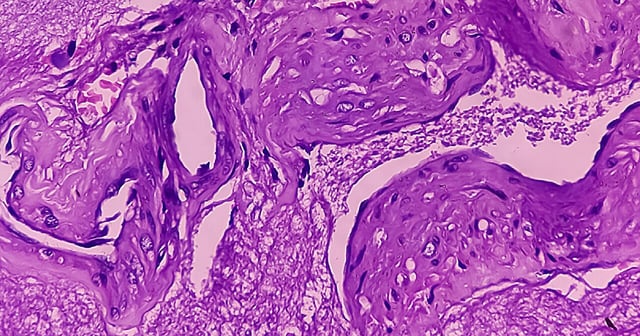Overview
- Researchers at Tsinghua University developed a three-part bioink of gelatin, alginate and Matrigel to automate the printing of patient-derived renal cell carcinoma cells
- Organoids are printed directly into 96-well plates, reducing manual handling and speeding scalable drug response assays
- Models from five RCC subtypes retain over 90 percent of original single-nucleotide variants, demonstrating high genetic fidelity
- Incorporation of vessel-like structures and stromal components yields prevascularized assembloids that mimic in vivo tumor microenvironments
- Next steps include implementing quality controls, multicenter validation and immunocompetent organoid development ahead of clinical translation
